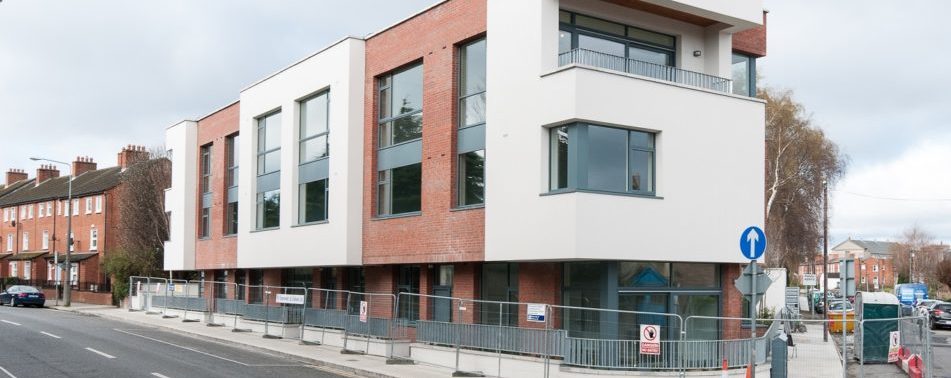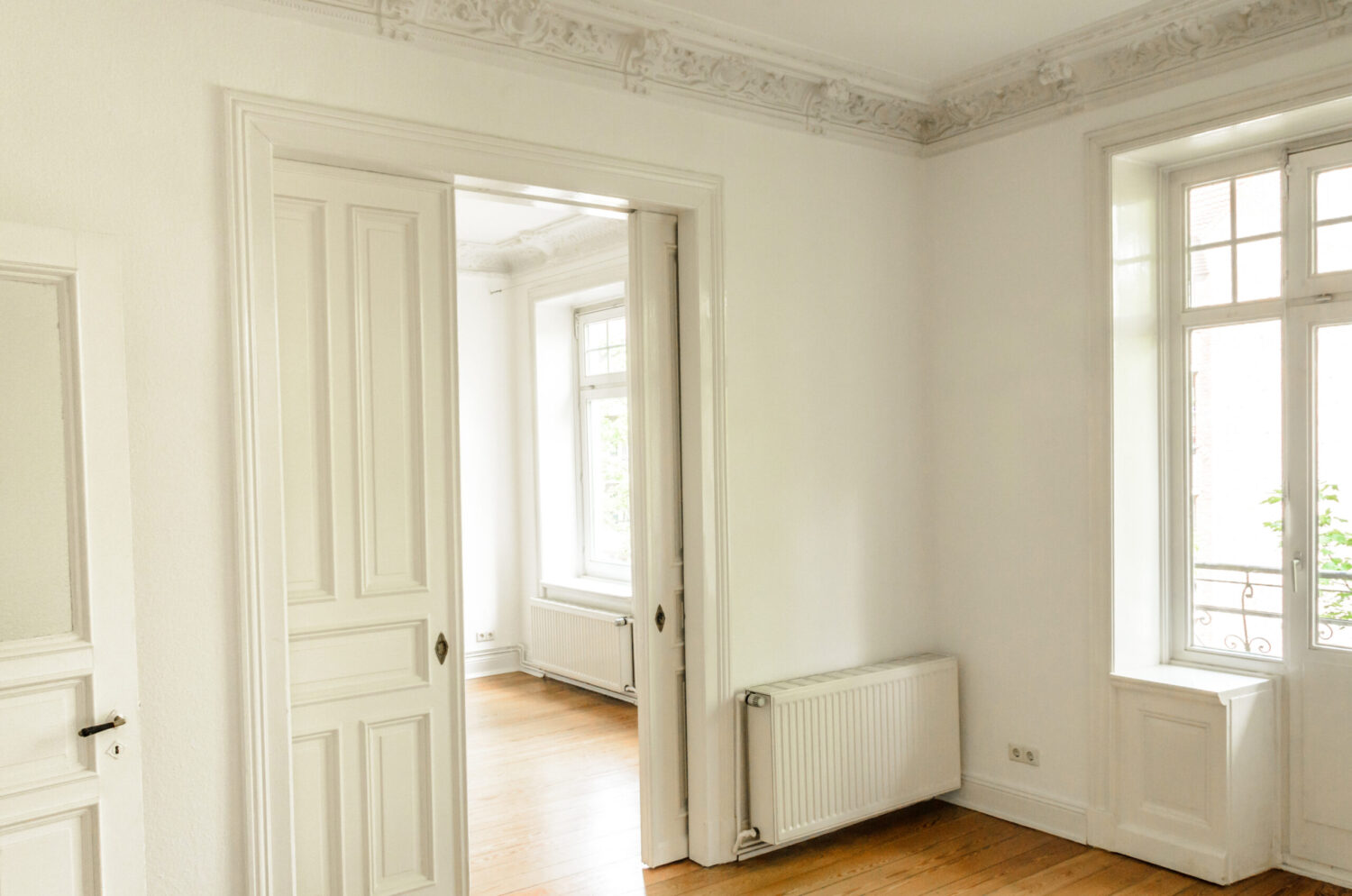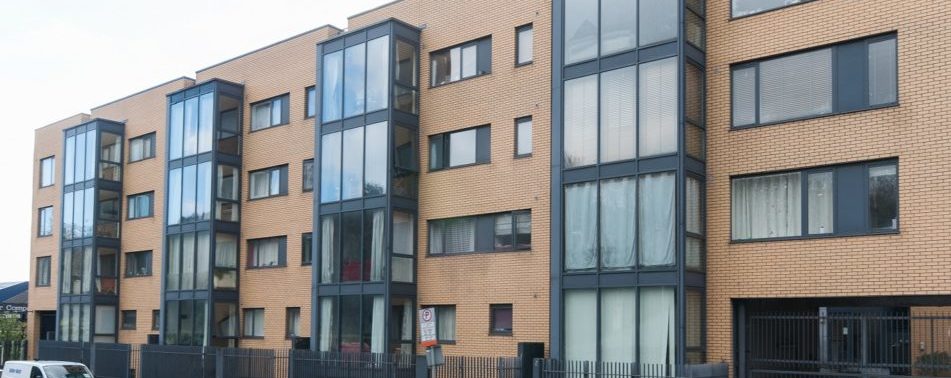Property Owners Insurance Archives -
Your current property owners insurance policy may be subject to certain fire precautions, which are outlined in your policy document (schedule or wording) or on your renewal notice, and which may be over and above that which is required by law. These could also be referred to as the fire safety insurance requirements. Make sure you read and understand them and put them in to operation withou...

Firstly, the Insurer should be notified that the property is rented to tenants, and not occupied as your private dwelling. Other covers specific to a rental property policy include Loss of Rent (needs to be adequate to cover level of rent you are receiving), Property Owners Liability (extension of public liability to note you have tenants), cover for casual Property Repairs & Maintenance perso...

In a rental property policy, Public Liability (or Property Owners’ Liability as it is more commonly stated) covers your legal liability, as Property Owner, for accidental death or injury (or disease) occasioned to a Third Party, be that a tenant, a visitor or a trespasser.
It also extends to cover Third Party property damage e.g. if a slate blows off your roof and hits a parked or passing car...

In the event of DAMAGE at your rental property
Contact the Emergency Services immediately and ensure occupants are safe and out of the premises – this will likely happen before you (as Landlord) are notified in any event…
In the event of making a claim for Damage
When it comes to making a claim, be ready with full details and evidence of the damage when you call your insurer. Have you...

Underinsurance - It is important that the sums insured for your property represent the full reinstatement costs including (for example) mews, extensions, architectural/protected features (where applicable) and also additional costs such as debris removal, professional fees, VAT etc. In order to ensure that your current sums insured are kept in line with the increased costs of rebuilding, your ...

In the event of a fire in your rental apartment
Contact the Emergency Services immediately and ensure occupants are safe and out of the premises – this will probably happen before you (as Landlord) are notified in any event…
Contact the OMC directly – they will have a procedure in place on what to do next…
In the event of making a claim for Water Damage / Fire Damage
When it co...

Yes, where obtainable. If a tenant occupies a buy to let property (i.e. a single house or an apartment unit in a purpose built block) they will likely be able to purchase their own home contents insurance.
However, where the tenant lives in a multi-unit converted property (e.g. house in flats / bed-sits) this may prove difficult to obtain, due to a number of reasons including fire spread and se...

An un-occupied property presents an increased risk to the Insurer. The Insurer therefore will be unwilling to provide the same cover as they did whilst the property was occupied. Typically the Insurer will reduce the cover (whilst un-occupied) to Fire, Lightning, Explosion & Aircraft and in some cases include also Public/Property Owners Liability and Fire Brigade Charges.
Insurers will also...

If your property is insured under a block policy i.e. an apartment, this policy will only cover liability arising from accidents in the common areas i.e. the hallways, stairways, landings etc. It will generally not cover accidents occurring inside the apartment.
To ensure you have liability cover within the apartment you must have (Landlord’s) Contents insurance, but check that it covers liab...

Where you have purposefully, knowingly, deliberately or negligently misrepresented the material facts when applying for the insurance.
If there is a change in the material facts that takes the risk outside that which the Insurer would have contemplated and/or accepted at inception of the policy.
Where you have knowingly made a false or misleading claim on your policy.
Where you have c...





